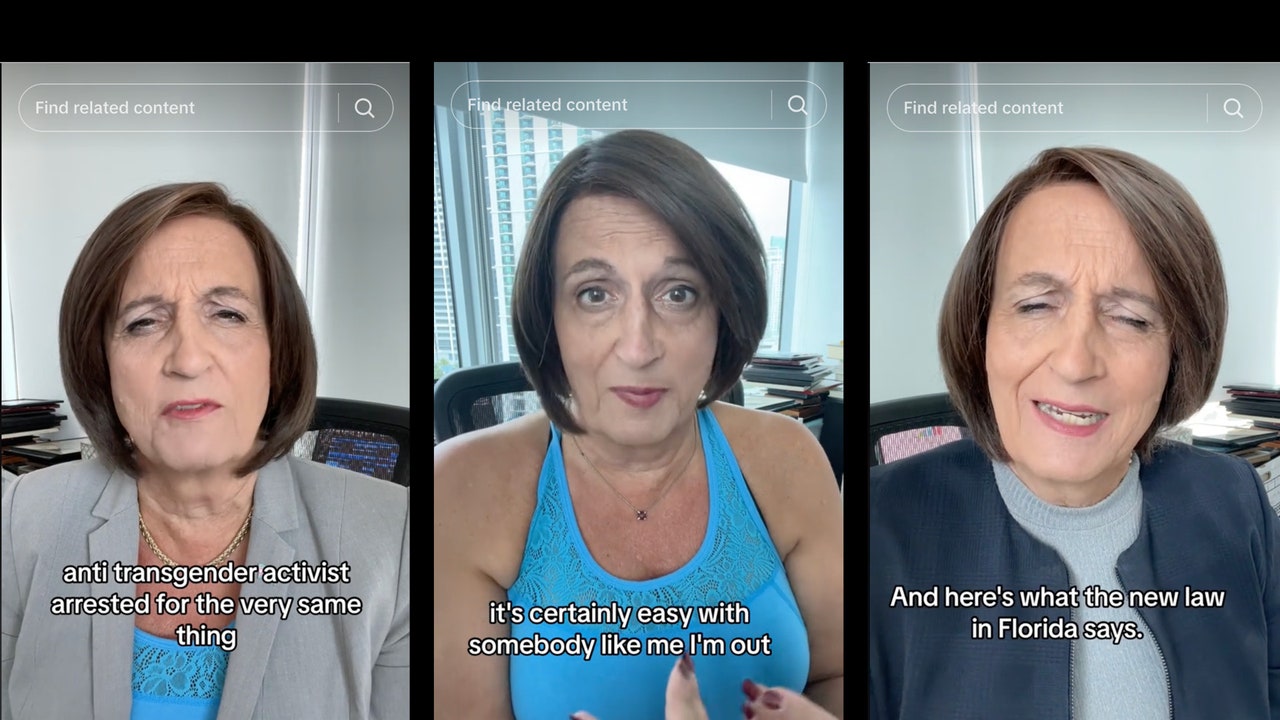- cross-posted to:
- atheism@lemmy.world
- cross-posted to:
- atheism@lemmy.world
Kristen Browde has amassed over 380,000 followers on TikTok by debunking the anti-LGBTQ+ “groomer” myth, and no one is more shocked by her success on the platform than she is. “TikTok is supposed to be this app where teenagers do dance moves, but it turns out it’s an incredibly effective political organizing tool,” she tells Them in an interview. “I am delighted that people are finding this useful information and are sharing it.”
Browde, an attorney and former correspondent for CBS News, posts weekly videos aggregating local media reports of children being targeted by sexual predators, sourced from keyword searches on Google and DuckDuckGo, as well as tips from followers. (She posts all her data at her website WhoIsMakingNews.com, where it’s available for anyone to download.) In the six months since she created her first TikTok video, she has noticed a continuing trend: that very few of the perpetrators who are being arrested for preying on kids are drag queens or trans people, the targets du jour of the right. Instead, Browde found that the individuals who are responsible for the vast majority of reported incidents hail from the very groups pointing the finger at the LGBTQ+ community, from religious leaders to Republican politicians. “They’re the ones who are committing the crimes,” she says. “They’re the ones who are doing this.”



I feel that. You can have videos longer than 10m, and with playlists I’ve watched hour long content, but short bites are definitely the norm. 2-3m I’d say. It doesn’t leave much room for discussion either, as you said. It’s most useful for getting information out to a large group of people, quickly, that otherwise might be missed by many of those people. Great for basic concepts, and beginner courses, info dumps and calls to action, but I definitely don’t enter the comments often for a reason.
But that short time and ease of access gives it power too. It’s a great way to get to people when they’re otherwise too caught up for anything longer, like workers on breaks, who are most atomized, and most in need of agitation and education. If you can sow the seeds of understanding, and get people to want to learn more on their own, and provide decent resources to do so, you can help a lot of people. That’s when I use it, and I’ve been able to show coworkers videos I’ve seen because they use TikTok and they’re interested in what I’m watching, and then it opens a conversation path that otherwise would’ve been uncomfortable to broach.